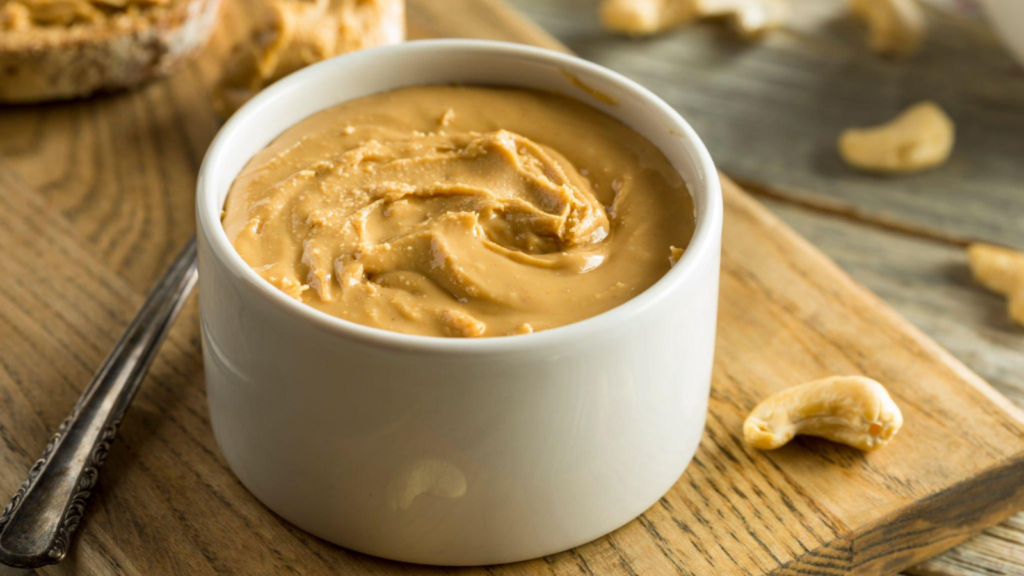Plantain chips have surged in popularity as a snack option, often touted as a healthier alternative to traditional potato chips. But are plantain chips healthy? This article delves into the nutritional profile of plantain chips, their health benefits, potential drawbacks, and how they can fit into a balanced diet.
What Are Plantain Chips?
Plantain chips are made from slices of plantains, which are similar to bananas but starchier and less sweet. They can be prepared in various ways: fried, baked, or dehydrated. The method of preparation significantly influences their nutritional content.
- Fried Plantain Chips: Typically high in calories and fat.
- Baked or Dehydrated Plantain Chips: Generally lower in fat and calories, making them a healthier option.
Nutritional Profile of Plantain Chips
Plantain chips offer a range of vitamins and minerals, making them a nutritious snack when prepared correctly. Here’s a breakdown of their nutritional components:
| Nutrient | Amount per 100g | % Daily Value (DV) |
|---|---|---|
| Calories | 541 | – |
| Total Fat | 34g | 52% |
| Saturated Fat | 12g | 60% |
| Carbohydrates | 60g | 20% |
| Fiber | 7g | 28% |
| Sugars | 1g | – |
| Protein | 3g | 6% |
| Potassium | 499mg | 17% |
| Magnesium | 37mg | 9% |
| Vitamin A | 112µg | 12% |
| Vitamin C | 8mg | 9% |
Health Benefits of Plantain Chips
- Rich in Nutrients: Plantain chips are a good source of vitamins A and C, which are essential for immune function and skin health. Vitamin A is particularly important for vision, while vitamin C acts as an antioxidant.
- High in Fiber: The fiber content in plantains aids digestion and promotes bowel regularity. Fiber also helps you feel full longer, which can prevent overeating.
- Low Sodium Content: Plantain chips typically have lower sodium levels compared to traditional snacks, making them a better choice for those monitoring their salt intake.
- Source of Resistant Starch: Unripe plantains contain resistant starch, which acts like fiber in the body. This type of starch can help regulate blood sugar levels and improve gut health by promoting the growth of beneficial bacteria.
- Mineral Content: They provide essential minerals like potassium and magnesium, which support heart health and muscle function.
Potential Drawbacks
Despite their benefits, there are some considerations to keep in mind:
- High Caloric Density: Fried plantain chips can be calorie-dense due to the oil used in preparation. Consuming them in moderation is crucial to avoid excessive calorie intake.
- Potentially High in Fats: Depending on the cooking method, especially frying, plantain chips can contain unhealthy fats that may contribute to weight gain if consumed excessively.
- Glycemic Index: While unripe plantains have a lower glycemic index compared to ripe ones, the processing into chips can alter their glycemic response. It’s important for individuals with diabetes to monitor their intake.
How to Incorporate Plantain Chips into Your Diet
Here are some tips on how to enjoy plantain chips while maintaining a balanced diet:
- Choose Baked Over Fried: Opt for baked or dehydrated plantain chips when available. They retain more nutrients and have fewer calories.
- Pair with Healthy Dips: Use plantain chips as a vehicle for healthy dips like guacamole or hummus instead of high-calorie options like sour cream.
- Watch Portion Sizes: Keep an eye on portion sizes to avoid consuming too many calories at once.
- Homemade Options: Consider making your own plantain chips at home using healthy oils like olive or coconut oil. This way, you can control the ingredients and cooking method.
Real-Life Examples
Many people incorporate plantain chips into their diets as a healthier snack alternative. For instance:
- Fitness Enthusiasts: Many athletes use baked plantain chips as a pre-workout snack due to their carbohydrate content and energy-boosting properties.
- Health-Conscious Consumers: Individuals following Paleo or Whole30 diets often choose plantain chips because they align with these dietary restrictions while offering crunch and flavor.
Are Plantain Chips Good for Weight Loss?
Plantain chips can be a part of a weight loss plan due to their fiber content. Fiber contributes to feelings of fullness, which can help control portion sizes and reduce overall calorie intake. Plantains also contain complex carbohydrates that digest slowly, further aiding in satiety. However, it’s important to consider the preparation method. Baked or dehydrated plantain chips are preferable to fried versions, as frying significantly increases the calorie and fat content. Enjoying plantain chips in moderation and pairing them with healthy dips can support weight management goals.
Are Plantain Chips Healthier Than Potato Chips?
Plantain chips and potato chips offer different nutritional profiles. Plantain chips often boast more vitamins A and B5, and fiber, while potato chips generally contain more vitamin E, B3, B6, potassium, selenium, and phosphorus. Plantain chips also tend to have less fat, specifically saturated fat, and a potentially lower glycemic index. However, potato chips provide more protein. Ultimately, the “healthier” choice depends on individual dietary needs and preferences, as both can be part of a balanced diet when consumed in moderation. Plantain chips can also contain 40% less fat than potato chips.
Conclusion
In conclusion, the question “are plantain chips healthy” can be answered with a balanced perspective. When prepared correctly—preferably baked rather than fried—plantain chips can be a nutritious addition to your snack repertoire. They provide essential vitamins, minerals, and fiber while being lower in sodium compared to many other snack options. However, moderation is key due to their caloric density and potential fat content when fried.
Incorporating plantain chips into your diet mindfully can lead to enjoyable snacking without compromising your health goals. Whether you enjoy them on their own or paired with healthy dips, they can be part of a balanced lifestyle when consumed wisely.


